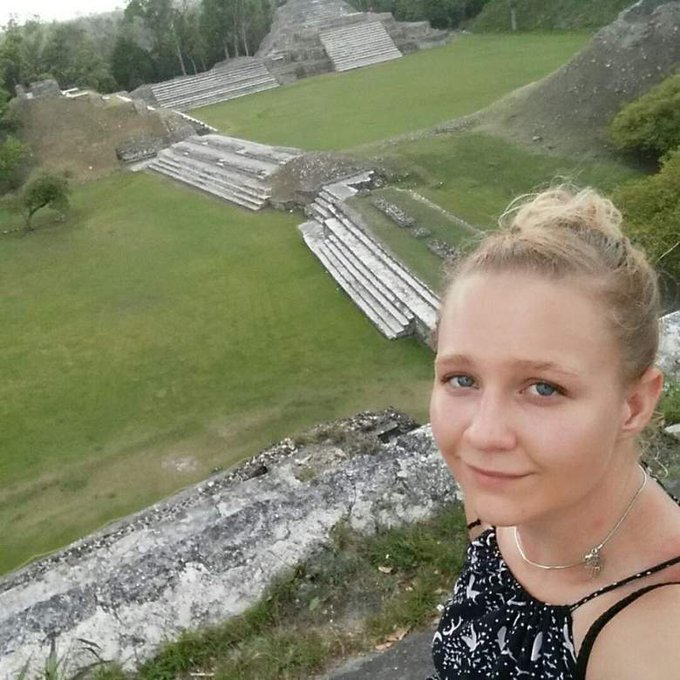WikiLeaks Declares War on The Intercept
June 6, 2017 in News by RBN Staff
Source: Daily Beast | GIDEON RESNICK
The FBI says a reporter led them to an NSA leaker. Julian Assange says that person, whom he suspects is an Intercept reporter, is a “menace” to sources, journalists, and democracy.
WikiLeaks founder Julian Assange told The Daily Beast he holds reporters—not just the Trump administration—responsible for the arrest of a U.S. intelligence contractor charged with leaking classified information.
On Monday, the Justice Department said Reality Winner, a 25-year-old National Security Agency contractor, sent top secret information to a news outlet. The announcement came shortly after The Intercept published a series of NSA documents claiming that Russian hackers targeted a voting-software supplier and local election officials just prior to Election Day.
According to the affidavit, reporters for the unnamed news organization provided a copy of the printed NSA report to the agency in order to seek comment. The NSA claimed six people had printed out the report including Winner, who the agency said had been in contact with an unnamed news outlet.
“If the FBI affidavit is accurate the reporter concerned must be named, shamed and fired by whomever they work for to maintain industry standards,” Assange said via Twitter direct message through the WikiLeaks account on Tuesday.
“Source burning reporters are a menace,” he said. “They chill trust in all journalists which impedes public understanding.”
WikiLeaks offered a $10,000 reward for information “leading to the public exposure & termination” of the reporter.
“It seems likely that the FBI affidavit refers to The Intercept, but not certain, hence we say ‘suspected Intercept reporter,’ said Assange. “But whomever this reporter was they are a menace not only to sources but to all journalists by decreasing the trust between sources and journalist and ultimately the public. Democracy dies in darkness.”
Assange’s defense of leaking NSA documents that accuse Russia of interfering in the U.S. election is in contrast to his agreement last year that he was “1,000 percent” confident Russia did not give WikiLeaks hacked Democratic National Committee emails. While Assange did not comment on the content of the leaks, he defended the alleged leaker Monday night.
As for The Intercept, it said in a statement Tuesday that it has “no knowledge of the identity of the person who provided us with the document,” before adding “the U.S. government has told news organizations that Winner was that individual.”
“While the FBI’s allegations against Winner have been made public through the release of an affidavit and search warrant, which were unsealed at the government’s request, it is important to keep in mind that these documents contain unproven assertions and speculation designed to serve the government’s agenda and as such warrant skepticism,” The Intercept’s statement reads.
The Intercept added it will not make further comments at this time.
With President Donald Trump’s call to prosecute leakers, WikiLeaks and Assange find themselves opposing the man who once said, “I love WikiLeaks.”
“The Trump administration has already capitalized on the incompetence or treachery of this reporter by gloating about her arrest in press release hours after the Intercept story broke,” Assange said. “Such press releases are designed to deter future sources.”
On his personal Twitter account, Assange expressed support for Winner’s actions, saying “she is a young women [sic] accused of courage in trying to help us know.”
The Intercept was launched in 2014 initially for the purposes of publishing documents released by Edward Snowden. They have faced criticism from WikiLeaks before. In 2014, The Intercept published a story about the NSA’s recording of cell phone calls from the Bahamas and WikiLeaks took issue with the publication redacting Afghanistan in its report.















